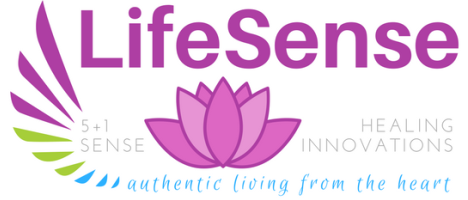Sugar, the Lethal Drug
Sugar. What is it?
A highly refined and processed white substance usually comes in powdered form.
So what, exactly, is this substance that humanity is consuming in such quantity? Refined sugar is produced by taking a natural food which contains a high percentage of sugar – usually sugar cane or sugar beets – and then removing all other elements of that food until only the sugar remains.

To achieve this, the juice is pressed out of the sugar cane or beets, then heated to boiling point, with chemicals added to remove impurities. Next, it is pumped into evaporation tanks to concentrate it into a thick syrup, which is further heated to remove more water until it starts to crystallize. To separate the crystals from the syrup, the mix is placed in a centrifuge machine where any remaining residues (such as molasses) are spun away.
Incredibly, what’s left at this stage of processing is known in the industry as ‘raw sugar’. From here it goes to a refinery where it is (among other things) dissolved and treated with chemicals. It is also bleached white, and bone char is often used in this process, so sugar can’t be considered vegan. The effects on human health of the chemicals used in the refining and bleaching of sugar are not known.
But what is known is that the mechanical and chemical processing refined sugar undergoes strips out all nutrients, including amino acids, enzymes, vitamins, minerals and phytonutrients. Sugar cane has a sugar content of 10 to 15 per cent and also contains abundant water, fibre, enzymes and nutrients. Refined sugar? 99.5 per cent sucrose and 0.5 per cent water.
Sugar, a Lethal and Deadly Drug
Refined sugar, by some, is called a drug, because in the refining process everything of food value has been removed except the carbohydrates-pure calories, without vitamins, minerals, proteins, fats, enzymes or any of the other elements that make up food. Many nutrition experts say that white sugar is extremely harmful, possibly as harmful as a drug, especially in the quantities consumed by the present-day American.
Dangers of Consuming Sugar
One of the keys to orderly brain function is glutamic acid, and this compound is found in many vegetables. When sugar is consumed, the bacteria in the intestines, which manufacture B vitamin complexes, begin to die-these bacteria normally thrive in a symbiotic relationship with the human body. When the B vitamin complex level declines, the glutamic acid (normally transformed into “go” “no-go” directive neural enzymes by the B vitamins) is not processed and sleepiness occurs, as well as a decreased ability for short-term memory function and numerical calculative abilities. The removal of B vitamins when foods are “processed” makes the situation even more tenuous.
But refined sugar does worse than contribute no nutrients since the effect of consuming it is actually a net nutrient loss, as is the case for all ‘empty’ foods: the body can’t digest them and eliminate the wastes without pulling precious vitamins and minerals from its stores.
Also, sugar is highly acidic in the system and the correct acid/alkaline balance of our blood is so crucial that the body will take extreme measures to maintain it, even drawing the alkaline mineral calcium from the bones and teeth to restore it if necessary – with predictable effects, over time, on the health and strength of both.
Sugar also makes the blood very thick and sticky, inhibiting blood flow into the minute capillaries that supply our cells with vital nutrients, which itself affects the health of bones and teeth, as well as of the circulatory system – it contributes to arterial sclerosis and coronary heart disease – and the brain.
The havoc that sugar wreaks starts in the womb – excess sugar during pregnancy increases the risk of neural tube defects and can also cause low birth weight babies. In addition to all of this, refined sugar is the leading cause of the worldwide diabetes and obesity epidemics, feeds cancer cells, weakens eyesight, damages every organ of the body, interferes with the functioning of every system of the body, accelerates every aspect of the aging process and can even impair the structure of DNA.
We’re all aware that refined sugar is very bad for our physical health, even if we don’t know the finer details of why. And most parents could tell you all about the noticeable effects sugar has on their children’s mood and behaviour. Sugar has been long been linked with crankiness and mood swings in children, and even with learning disorders and attention deficit hyperactivity disorder (ADHD).
But few people are aware of the serious long-term effects of habitual sugar abuse on mental and emotional health – and that is because it is still not widely known that the abnormal brain chemistry leading to mental and emotional disorders is, in most cases, a direct result of poor nutrition and the resulting bodily imbalances. However, the scientific evidence to prove this is stacking up.



















